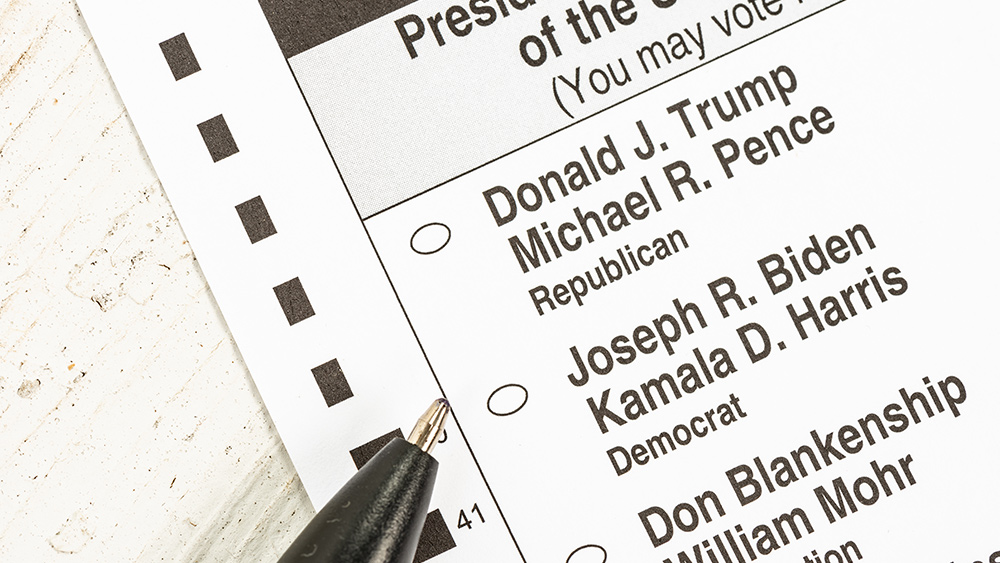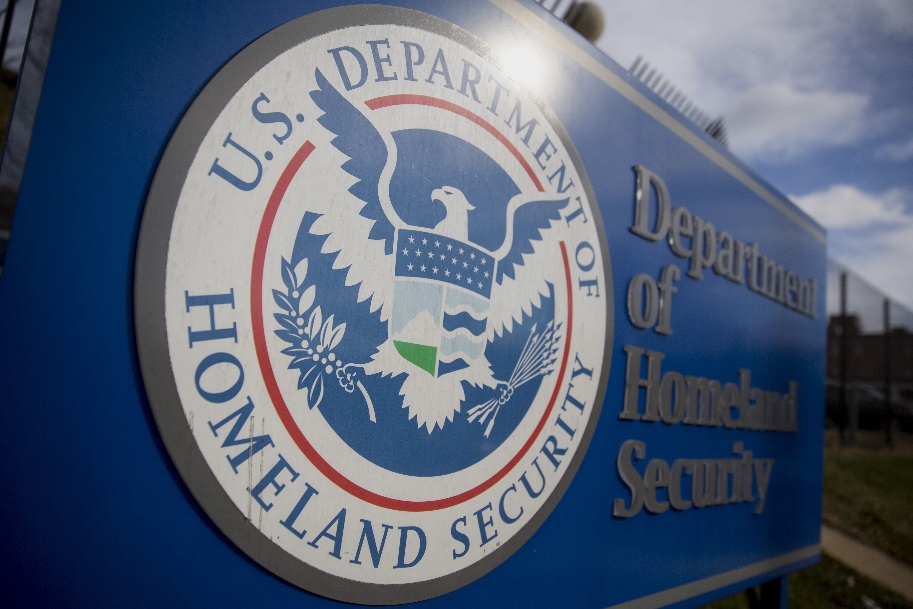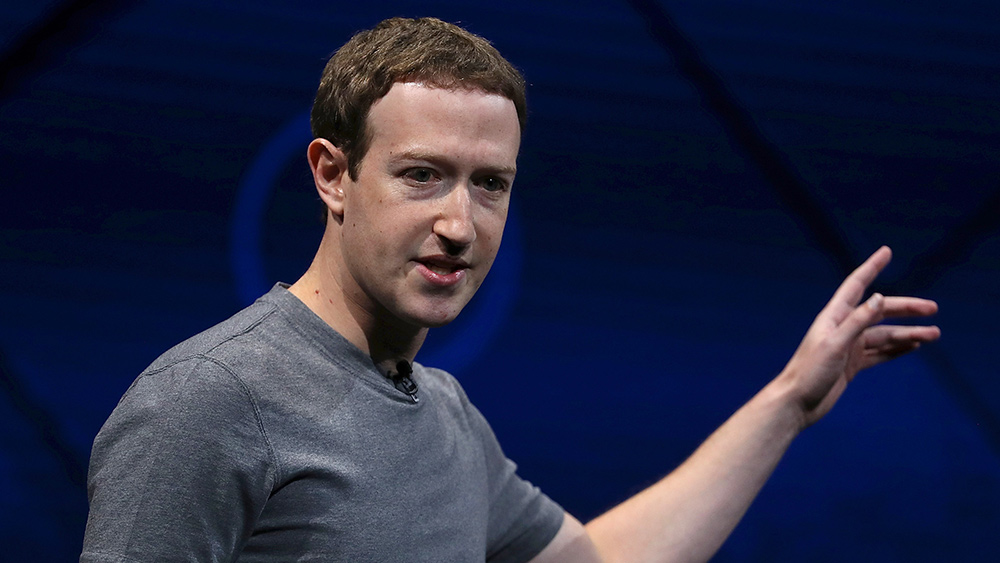Digital ID system incoming: Nebraska now collecting citizens’ digital health data
12/22/2023 / By Zoey Sky

Nebraska’s recent decision to collect digital health data on residents has been met with criticism from experts worried about plans for digital IDs. The move, which is part of the newly formed state Health Information Technology (HIT) Board’s remit, also encompasses centralizing patient health and medical records.
But according to many critics, the move is a “massive breach of privacy,” with some voicing their concerns about the potential move toward a national digital ID.
In 2020, the Nebraska legislature unanimously sanctioned the creation of a Health Information Technology (HIT) Board. The Nebraska legislature passed Legislative Bill 1183, the “Population Health Information Act,” which led the way for the creation of the HIT Board and designated the Nebraska Health Information Initiative as the state’s health exchange.
In 2021, Nebraska passed Legislative Bill 411, which required universal participation in the CyncHealth statewide information exchange. Nearly every health facility in the state complied, except in cases where a facility did not have the digital or financial resources to connect to the statewide system and received a waiver for a “technological burden.”
The Nebraska Health Information Initiative also changed its name to CyncHealth in 2021. The switch allegedly helped better position the organization as the health data utility for the Midwest as it provides essential information services for the continuity of healthcare.
The CyncHealth site also offered an individual form to opt out of the state health data exchange.
According to the HIT Board, its 17 members were enunciated by the governor and confirmed by a majority legislative vote.
The members included various healthcare stakeholders, from doctors to nurse practitioners and hospital administrators, who allegedly brought their clinical experience and expertise to manage health data.
The regional health data utility selected CyncHealth to supervise and administer the collection of medical data. It maintains health information for more than five million patients throughout more than 1,100 healthcare institutions in the Midwest.
The objective of CyncHealth is not just to unite health records but also “to ensure they’re readily available to patients and their healthcare providers.” (Related: Leading banker says UK soon to introduce ‘super app’ that will combine digital ID, financial data into the ultimate control tool.)
Critics worried about how quickly health data was gathered
Despite the alleged benefits of such a data system, critics like Stacey Skold, a board member of the Children’s Health Defense Nebraska Chapter, has voiced her concern over how quickly the system was able to gather health data.
Skold believes that the move could be “an alarming stride towards a digital ID and central bank digital currency (CBDC).”
The Nebraska government’s decision to establish statewide information exchange via CyncHealth and the associated data harvesting also sparked fears among privacy advocates.
Observing the HIT Board meetings further heightened these valid fears when it was revealed that partner company CyncHealth was part of CARIN Alliance, a global coalition advocating for digital ID, and had affiliations with big companies like Google and Microsoft.
Greg Glaser, a respected digital privacy expert, warned that the fast-paced digitization of health data in Nebraska should be taken seriously. He added that digital IDs, instead of being considered as mere aids for consumer convenience, would soon introduce an unprecedented level of control over Americans.
Glaser explained that as he researched biometric ID, he discovered that governments are not “at the top of the food chain.” Instead, private companies, such as Accenture, Microsoft and Oracle, are at the top because they “create and own the technology, and they manage the data off-site.”
Glaser added that governments merely take on the role of mid-level operations to issue the IDs that comply with basic guidelines approved by industry-captured government entities like the National Institute of Standards and Technology (NIST).
Glaser was also surprised that the European Union and European Parliament representatives tentatively agreed on a new framework for a European digital ID wallet.
Journalist urges Nebraskans to reject HIT Board by referendum
James Roguski, an independent journalist, warned that he could not find any mention of “authority granted to the state government to control health, healthcare or health-related data” in the Nebraska Constitution.
In a statement, Roguski said that Nebraska was “acting outside their constitutional authority when they enacted LB 1183 (Population Health Information Act).”
Roguski encouraged the residents of Nebraska to “consider exercising their right to reject any act passed by the Nebraska Legislature via the power of referendum.”
He cited the Nebraska State Constitution, which says that the people “reserve for themselves the power to propose laws and amendments to the Constitution and to enact or reject the same at the polls, independent of the Legislature, which power shall be called the power of initiative.”
Meanwhile, Skold hopes lawyers can take up the cause in Nebraska to prevent the digital centralization of healthcare records. Because Nebraska is the test state, if people can stop it, then it can potentially be stopped everywhere, said Skold.
Visit PrivacyWatch.news for more stories like this.
Watch the video below to learn how digital IDs signify the end of freedom in Australia and other countries across the globe.
This video is from the Sovereign Truth channel on Brighteon.com.
More related stories:
Biometric data and surveillance: DNA being eyed as the “ultimate global ID.”
Sources include:
Submit a correction >>
Tagged Under:
Big Brother, big government, computing, conspiracy, cyber war, deception, digital health data, digital IDs, freedom, Glitch, health data, Health Information Technology Board, HIT Board, information technology, insanity, Liberty, Nebraska, privacy watch, surveillance, Tyranny
This article may contain statements that reflect the opinion of the author
RECENT NEWS & ARTICLES
COPYRIGHT © 2017 DEEP STATE NEWS



















